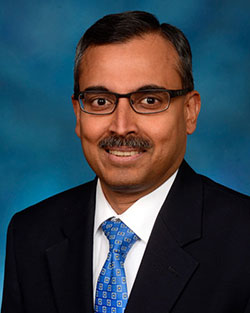December 10, 2022 | Myles Starr

Hepatitis B (HepB) vaccination rates remain stubbornly low in the United States, despite new guidelines from the CDC recommending that nearly all people younger than 60 years of age be vaccinated. Raising vaccination rates among adults in the United States is central to bringing down infection rates, as only 30% of this group is vaccinated, according to the Hepatitis B Foundation.
Increasing awareness among doctors, particularly family and primary care physicians, about new vaccination recommendations is the way experts believe vaccination rates will be raised. The National Foundation for Infectious Diseases (NFID) led a webinar aimed at improving physician awareness and competency about HepB vaccination. The current epidemiological landscape of the disease was explored; the most up-to-date vaccination recommendations were laid out; and most consequentially, the steps that can be taken to increase vaccination rates among adults and bring down hepatitis B virus (HBV) infections in the United States were explained.
...
Fortunately among infants, “just about 75% have received the first shot of the hepatitis B vaccine within the first three days of life,” said Shyam Kottilil, MBBS, PhD, the director of the Division of Clinical Care and Research at the Institute of Human Virology, University of Maryland School of Medicine, in Baltimore, and a co-presenter of the webinar.
Furthermore, “91% of all children have received at least three doses of hepatitis B vaccine,” Dr. Kottilil said.
Contact
Vanessa McMains
Director, Media & Public Affairs
Institute of Human Virology
University of Maryland School of Medicine
443-875-6099
vmcmains@ihv.umaryland.edu

